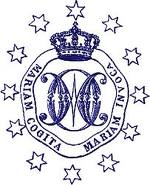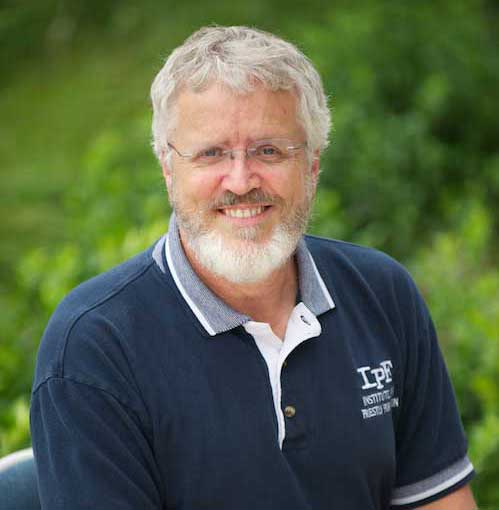Episode 2 -The Centrality of the Eucharist -The Way of Mystery: The Eucharist and Moral Living– Placing the 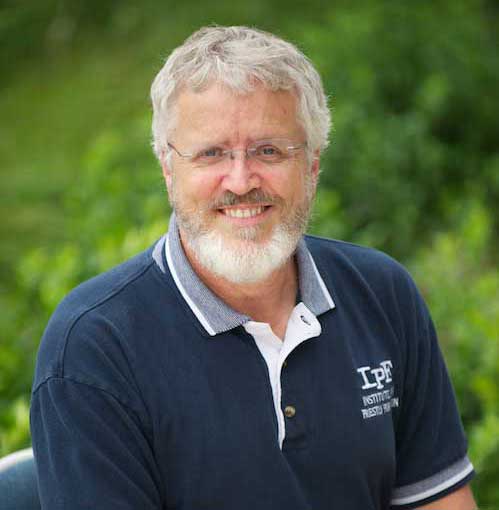 Eucharist as the center of who we are as Catholics part 2
Eucharist as the center of who we are as Catholics part 2
Podcast: Play in new window | Download (26.0MB) | Embed
Subscribe: Apple Podcasts | Spotify | Amazon Music | Android | Pandora | iHeartRadio | JioSaavn | Podchaser | Gaana | Podcast Index | Email | TuneIn | Deezer | Anghami | RSS | More
Deacon James Keating, PhD, the director of Theological Formation for the Institute for Priestly Formation, located at Creighton University, in Omaha, is making available to ”Discerning Hearts” and all who listen, his series of programs entitled “The Way of Mystery”.
 The Vatican II documents remind us that the spiritual journey is not made in a vacuum, that God has chosen to save us, not individually, but as The People of God. The Eucharist must help Christians to make their choices by discerning out of Christ’s paschal mystery. For this process to take place, however, Christians must first understand how the Eucharist puts them in touch with Christ’s passion, death, and resurrection, and what concrete implications being in touch with this mystery has for their daily lives.
The Vatican II documents remind us that the spiritual journey is not made in a vacuum, that God has chosen to save us, not individually, but as The People of God. The Eucharist must help Christians to make their choices by discerning out of Christ’s paschal mystery. For this process to take place, however, Christians must first understand how the Eucharist puts them in touch with Christ’s passion, death, and resurrection, and what concrete implications being in touch with this mystery has for their daily lives.
For more information on the “Institute of Priestly Formation” and for other material available by Deacon Keating, just click here
Don’t forget to pickup a copy of “Communion with Christ” , it is one of the best audio sets on prayer…ever!



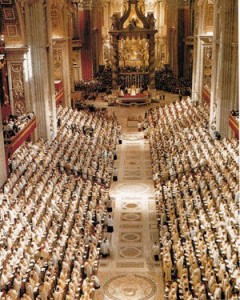
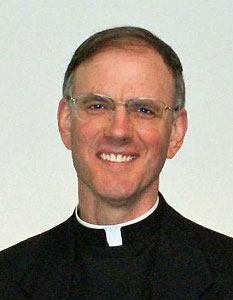

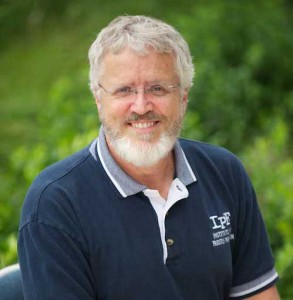
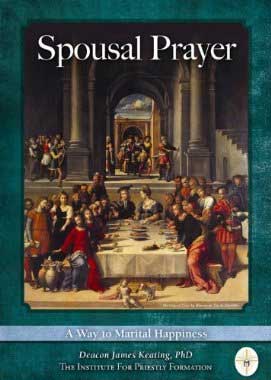
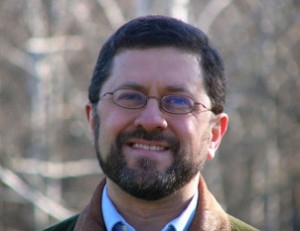
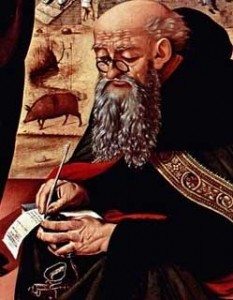
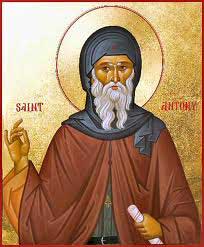
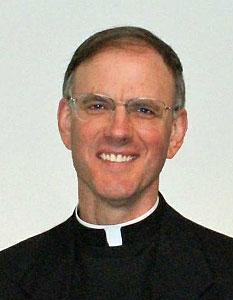
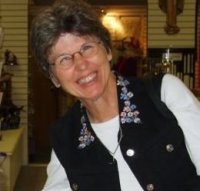
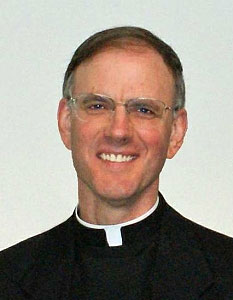
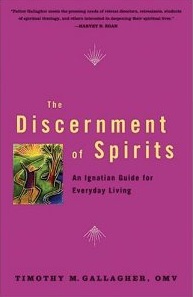 “The Discernment of Spirits: Setting the Captives Free” series is based on Fr. Gallagher’s book “Discern
“The Discernment of Spirits: Setting the Captives Free” series is based on Fr. Gallagher’s book “Discern